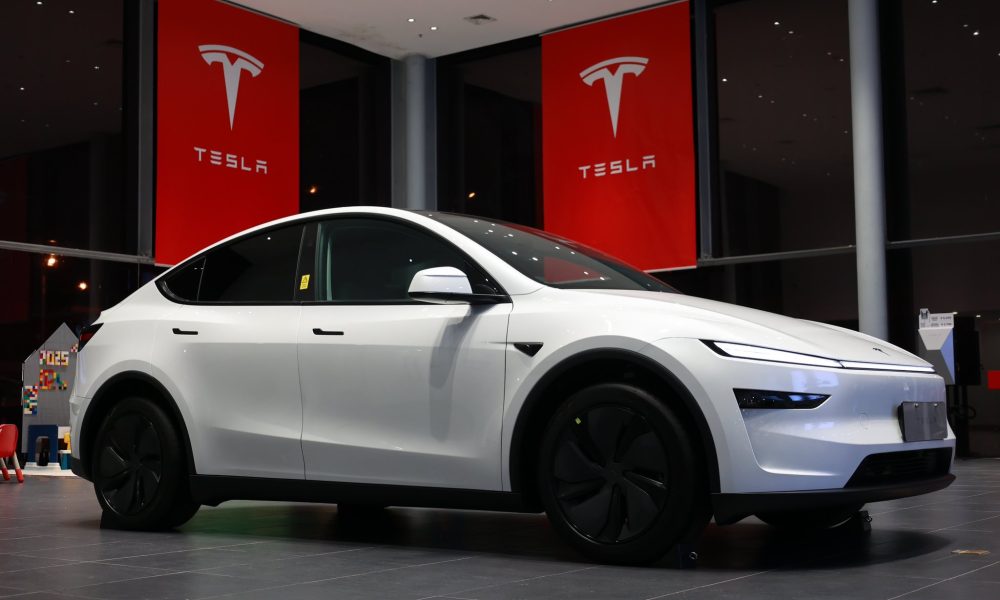Tesla’s Director of Charging for multiple regions, Max de Zegher, recently shed light on an intriguing rule followed by the Supercharger team that is propelling EV adoption forward. The rule, which revolves around exclusivity clauses for EV charging with property owners, plays a crucial role in accelerating the transition to electric vehicles.
In a recent social media post on X, the Tesla Charging team emphasized their stance against exclusivity clauses for EV charging. They actively discourage property owners from opting for such clauses, as they believe that EV charging should be accessible to all. The team emphasized that hosting more charging infrastructure not only boosts range confidence but also keeps charging prices low, ultimately speeding up EV adoption.
While the Supercharger Network could have been a competitive advantage for Tesla in the EV market, the company has been opening up its charging network to other automakers’ EVs in recent years. In North America, Tesla’s NACS has become a standard, embraced by established players like Ford and General Motors, as well as newer entrants like Lucid Motors and Rivian.
In a tweet, Max de Zegher reiterated the team’s approach to rejecting exclusivity clauses from landlords and advocating for the installation of as much charging infrastructure as possible. He emphasized the importance of supporting the expansion of EV charging spaces, pointing out that there is no shortage of parking spaces, especially with the rise of autonomous vehicles on the horizon. Legal barriers, he noted, only hinder the growth of EV infrastructure.
Tesla’s Q1 2025 Update Letter revealed that the company operates 7,131 Supercharger stations with 67,316 Supercharger stalls globally, solidifying the Supercharger Network as a reliable and cost-effective charging solution in the market. With a commitment to expanding accessible and affordable charging infrastructure, Tesla is driving the future of EV adoption forward.

